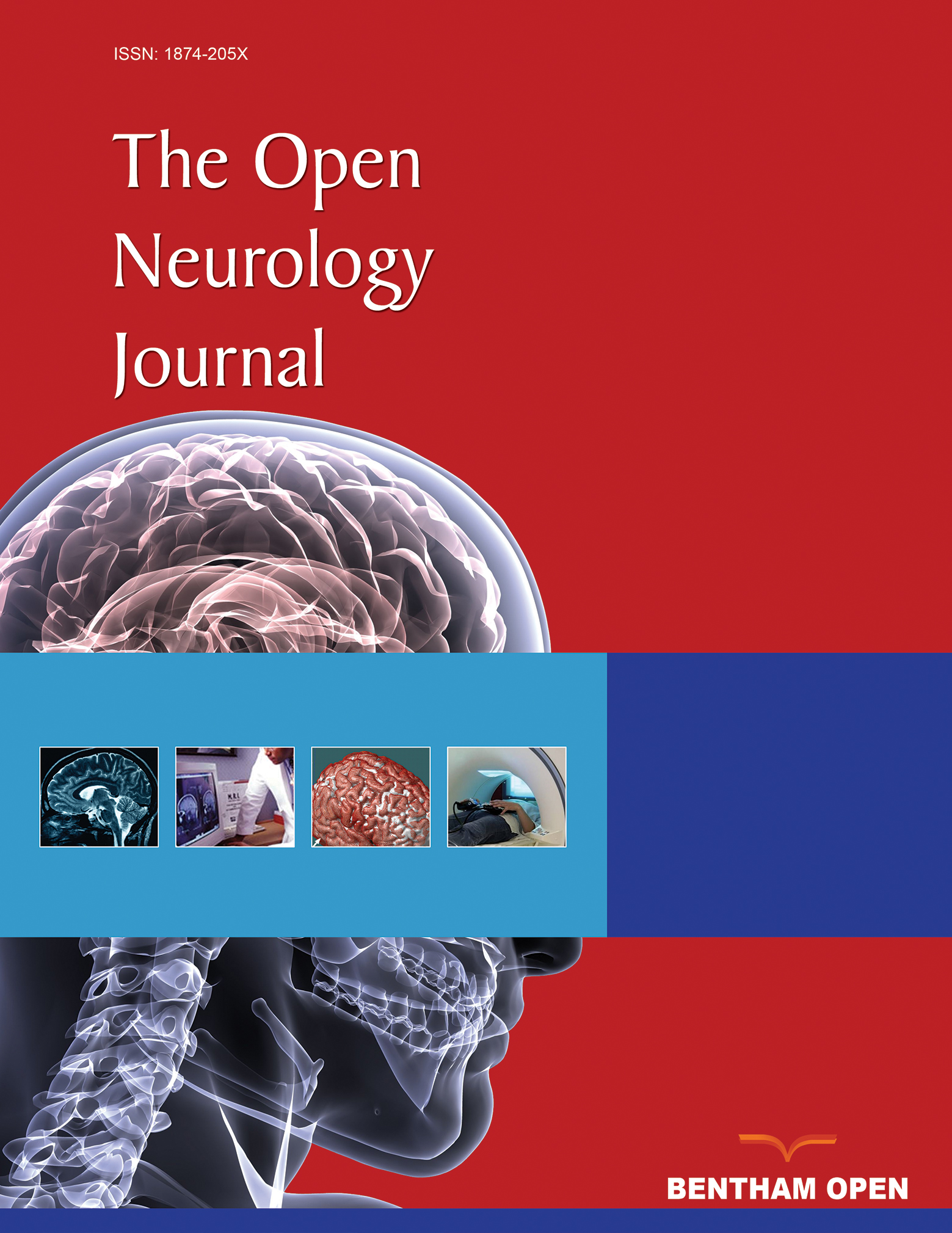All published articles of this journal are available on ScienceDirect.
Dissociation of Exact and Approximate Calculation in Severe Global Aphasia
Abstract
We report a 68-year-old patient with severe global aphasia secondary to a large left hemisphere infarction including the parietal lobe. In addition to language and neuroradiological evaluation, the patient was given specifically designed arithmetic and clock tasks requiring either exact calculation or approximate calculation. Despite severe language impairment, the patient showed relatively well-preserved abilities for numerical comprehension and arithmetic operations. Further analyses using specifically designed arithmetic and clock tasks demonstrated a clear dissociation of the patient’s abilities between impaired exact calculation and well-preserved approximate calculation. The results support the notion that numerical and arithmetic abilities are heterogeneous in that rote verbal arithmetic facts and quantitative numerical knowledge can be separable. Implications of the present findings for neural correlates of numerical and arithmetic processing suggest that the right hemisphere plays a crucial role in approximate calculation.


